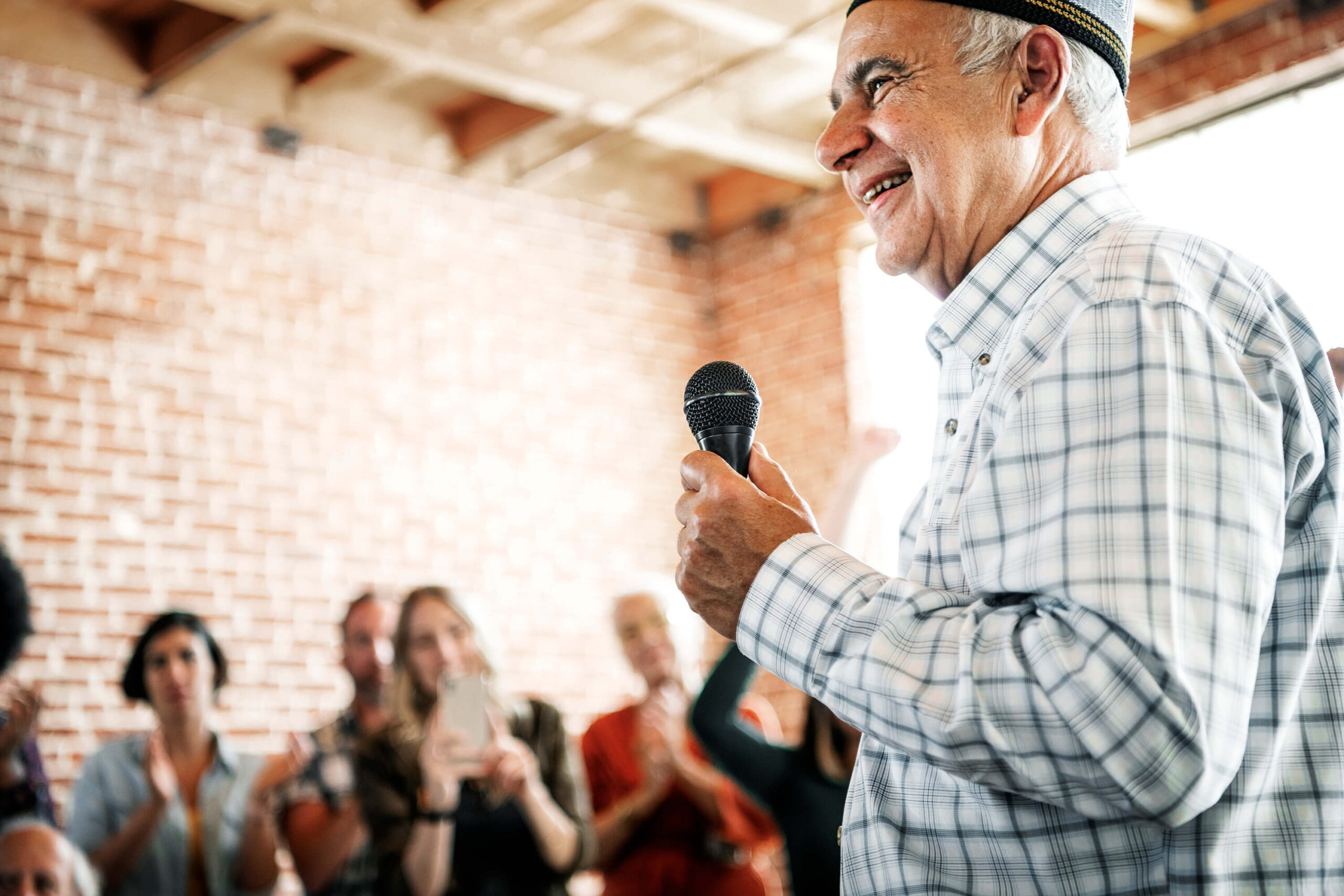When we are young, children are socialized to bond with others over their varied interests. Their life consists of classes where they sit eagerly around a teacher to learn, play sports together, debate, and jostle on the playground, but ultimately build the innate social skills that make us functional humans.
Many structures that support and harmonize us in our growing years often end abruptly in adulthood because it is assumed that adults have everything ‘figured out’.
Well, quite the contrary. Adults, too, have an innate need to shed the cobwebs and meet new people, learn fascinating subjects that interest them without pressure, participate in purposeful interactions, uplevel their vibe with like-minded folks, and much more.
Hence, to develop bonds that go beyond the familial and the professional, we need an avenue where people can come together outside rigid conformity, get their hands dirty, learn new hobbies or new skills, interact with people that influence them to broaden their perspective, and simply, experience a sense of community. The answers to these questions lie in community spaces, a concept that is experiencing a heartening post-pandemic revival.
The different kinds of community spaces
The ideas that could lead to a community space or an event sprouting up are infinite. Community spaces can take on many avatars – from a vegan cooking class to nature walks, from a women’s appreciation and wellness chat to a storytelling gathering or a folk music festival. There is also little limit on age or gender barriers; as long as the content is not objectionable for children, anyone who feels drawn to the subject can partake in the gathering. Gatherings can be ticketed (for a price), or free of cost – the effort of organizing and infrastructure may cost a fee, but several events like book clubs, prayer meets, etc. do not charge the participants.
The common factor, however, is the free-spirited nature of community events. Outside of rigid structures of school or work, coming together to learn something can be truly democratic, up to the will and intent of the little group. For instance, an ‘Introduction to Writing’ gathering does not have to make you Shakespeare in a day, but it can propel you to make progress on the craft and perhaps shed your inhibitions around narrating your work and story to other people for fear of being judged.
These gatherings may often have a guide or leader to lead the discussion, moderate it, and keep it on course, but it is not always necessary. For instance, prayer circles will keep rotating their chorus leaders to impart a sense of accountability to each member and also allow them to enjoy the pleasure of leadership.
Community spaces can take on many avatars. There is also little limit on age or gender barriers; as long as the content is not objectionable for children, anyone who feels drawn to the subject can partake in the gathering

Benefits of community spaces
We spoke to Ekta Singh, a prolific community space curator in the heart of Bangalore, who has conducted over 150 online and hundreds of offline events in a bid to bring people together.
She says, “In these times, when overuse of electronic devices reigns, meeting people in person has come back. The pandemic created a barrier, a disconnection in our social lives. People now crave interaction more than ever; that’s why communal events are so important. In fact, when I organize events, the people who attend are pleasantly surprised that these spaces exist as a way to meet new people and make friends.”
A potent benefit is also decreasing social anxiety by allowing a safe space to blossom where even shy and introverted people can cautiously interact and share ideas with people they connect with. Ekta routinely sees teenagers and college students revisit community events in the realms of poetry and performance. As per her experience, she says, “Community is a buzzword, especially for Gen Z. It can be a very youth-driven affair – thronged by teens, young adults, and working professionals. For example, college kids have friends and peers but often harbor unexpressed skills and talents. As they grow up, they need a safe space where they can express themselves. Since they’re at a delicate stage when they’re forming opinions, ideologies, and their personalities, they need a community around them to grow into their authentic selves.”
She has observed people’s inclinations shift as the years pass by, and inner healing certainly seems to be all the rage, having found its footing in urban dwellings. “Requests have increased for gatherings around mental health, healing, yogic breathing, sound healing, amongst others, which highlights how people are leaning towards the spiritual. People also seek a good, stress-free time, which is why music events are always in demand.”
“To develop bonds that go beyond the familial and the professional, we need an avenue where people can come together outside rigid conformity, get their hands dirty, learn new hobbies or new skills, interact with people that influence them to broaden their perspective, and simply, experience a sense of community”

Ultimately, the goal is more than just an evening of entertainment for an audience. Ekta sees these events creating a bigger impact on people’s social health and their level of contentment with life.
“When people come together and find a place where they can feel and express, it grows like wildfire. In olden times, the slow pace of life meant that you could sit down, do nothing, and simply talk to people for hours. Now, due to our trappings, that doesn’t exist anymore. Thus, making room for endeavors like this is all the more important.”
A collective benefit
When people come together, united by a common cause or an overarching idea, magic can happen. To this day, environmental conservation efforts deep in the jungles are only possible with the collective efforts of the tribal communities, organized amongst themselves without external authority and driven by goodness devoid of profit.
Similarly, even in our modern haunts, community spaces can go beyond involving people in a cause or educating them; they can goad them into action. Be it the safety of women on the streets (like the ‘Take back the night’ rallies in the USA) or cleanliness drives in neighborhoods; community spaces can sow the seeds of grassroots movements. As Ekta herself attests, “There is a deeper exercise than just organizing events; I want to create real impact. I intend to rope in scientists to make the community aware about sustainability, which could impact hundreds of families. Community spaces can go beyond mere education and mobilization – we can be the positive change we want to bring in society.”
